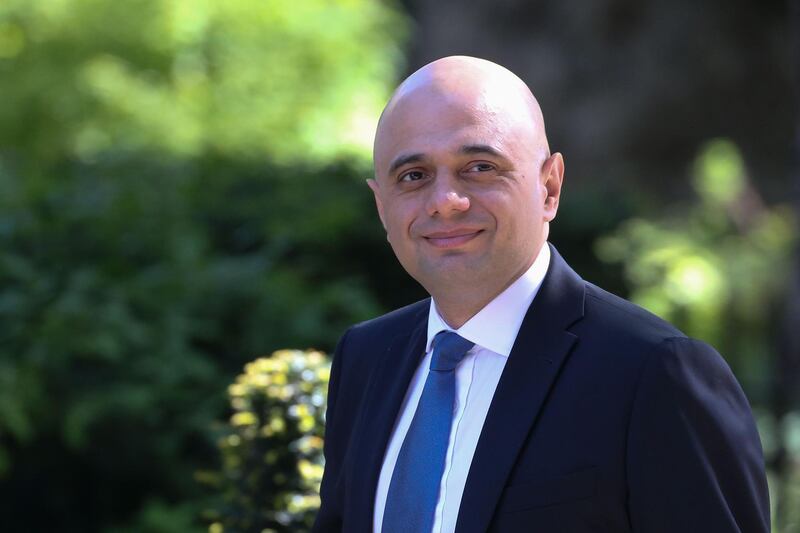The UK's Home Secretary is considering banning British citizens from travelling to Syria and parts of West Africa under terrorism legislation, he told security officials on Monday.
The new power granted to Sajid Javid early this year as part of the Counter-Terrorism and Border Security Act enables the government to stop Britons from travelling to or staying in designated regions. Those who flout the rules risk up to ten years in prison.
It comes as two Britons who had planned their journey to Syria on TripAdvisor were jailed for 14 years on Monday for preparing to join ISIS.
Safwaan Mansur and Hanzalah Patel, both 22, had visited Turkey twice and taken bus trips to the Syrian border before they were arrested and returned to the UK to face charges.
Presently, Mr Javid is consulting with legal experts on using the new power to apply to British citizens in Syria, particularly Idlib and the north-east portion of the country as well as parts of West Africa in a bid to stop Britons joining terrorist groups.
“Anyone who is in these areas without a legitimate reason should be on notice,” he said.
Mr Javid said if the changes came into effect, they would not hinder humanitarian efforts in the two regions. The legislation makes exceptions for humanitarian and UN work, court appearances, attending family funerals and journalistic efforts as well as any activity deemed a "reasonable" reason for travel.
“The police and security services have worked tirelessly to identify those intending to travel overseas and join Daesh," he said.
“They have seized passports at the border and prevented them from leaving the country.”
This work, as well as co-operation with other governments around the world, helped to foil 19 major terrorist attacks in the last two years, he said.
Speaking about Britons already in ISIS territory as members of the organisation, Mr Javid said he was prepared to use the right to strip people of their citizenship again, as he did with UK teenager Shamima Begum.
“When we assess that someone poses a real threat, we will work to stop them from returning. Sometimes, to do that I have to deprive people of their British nationality,” he said.
“I continue to do so to keep this country safe.”
Mr Javid said he wanted to “reassure” anyone of dual citizenship or immigrant background that depriving a citizen of their statehood is “never a step that is taken lightly” and “they have nothing to fear”.
He also expressed his support for bringing ISIS members to justice in the countries where they have committed crimes.
“It is only right that those who have suffered most under Daesh have the chance to bring them to justice,” he said.








